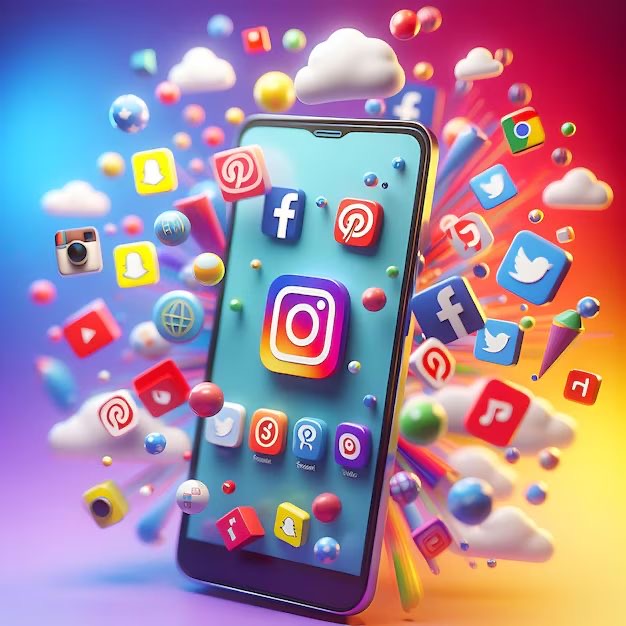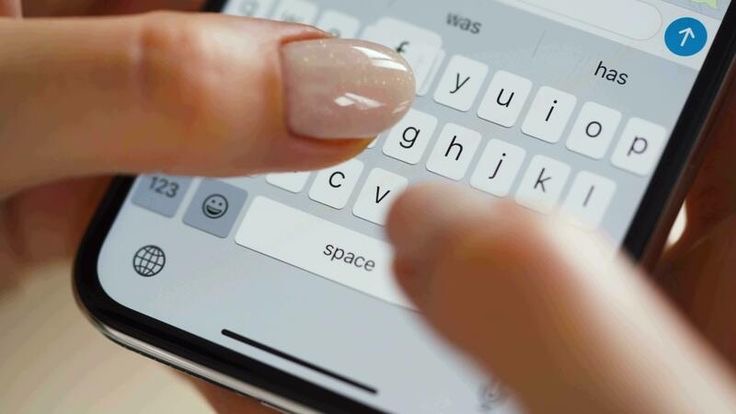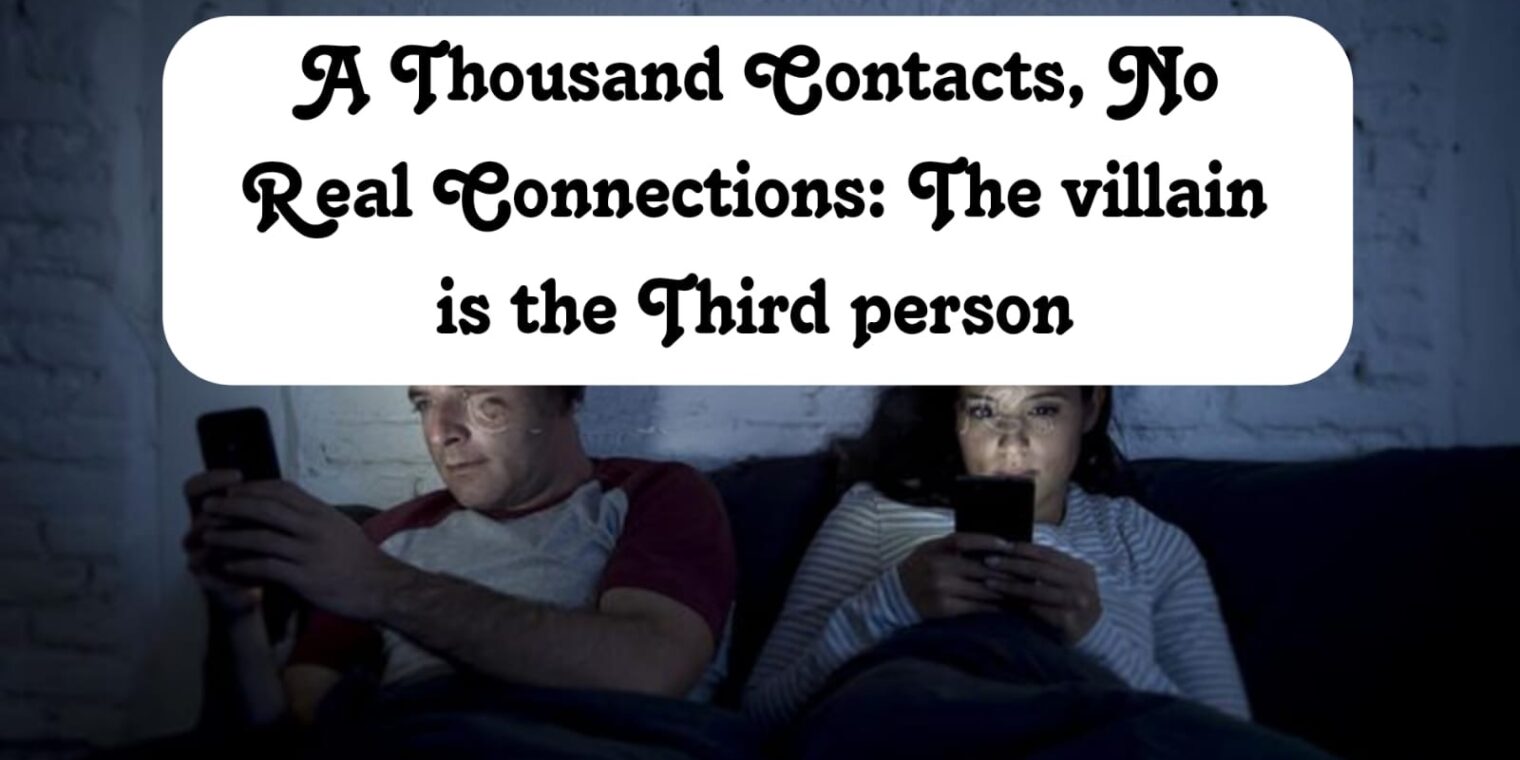A third person’s interference in any matter is usually said to spoil it. But today, without this third person, even relationships do not seem to work. That third person is the mobile phone.

Even when people are sitting in the same room, they are often chatting with each other through their phones. What we say verbally and explain in person can easily be misunderstood or misinterpreted when conveyed through text messages. This often leads to consequences that cannot be rectified. Still, we continue to communicate through these devices, perhaps to avoid complications or to escape the discomfort of dealing with situations directly.
Today, shutting off WhatsApp feels almost impossible. Our hearts seem to be tied to it. When the founders of WhatsApp, Jan Koum and Brian Acton, created it in 2009, they never imagined that their small invention would become this huge and this addictive. Maybe Mark Zuckerberg, who acquired it, could foresee this future. Unlike other social media platforms, none has penetrated human life so deeply. WhatsApp has become the mirror, the identity, and in many ways, the everything of a person.

Platforms like Facebook and Instagram have gone through changes over time, but WhatsApp has largely remained the same. Even with our direct contacts, numbering in the thousands, the platform shows its strange limitations. For instance, when we tried to share blogs that were informative and beneficial for people, we faced difficulties. To ensure better reach, we requested a few people to send these blogs as broadcasts to their contacts. Yet, even when offered payment, many were reluctant to do it. Perhaps this reluctance was not about effort, but about a fear of what others might think when receiving such a message. This hesitation is a reflection of the disconnected world we have created for ourselves. Were the old generations like this? No, they used to say what they wanted to say openly, without worrying so much about the response.
This reluctance and silence is nothing short of a kind of psychological disorder we live with today. Most of the numbers saved in our phones are dead contacts for us. We neither call them, nor do we want to. So why do we keep them there? There are no clear answers.

In many relationships, instead of truly connecting, people just exchange texts. Relationships are maintained on the surface, but no one is ready to take deeper steps. In fact, these messengers rarely deliver the exact feelings a person is carrying. Emotions often get lost in the flatness of text. Many times, messages are misunderstood, and the misunderstanding spreads further. If someone is angry and sends a message to you, that anger seeps into your reply, and soon, it affects your mood as well.

I remember a friend who once sent a short, blunt message to his colleague late at night. He was tired and in a rush, so his words were brief. But the colleague read it as rude and dismissive. The next day, the colleague avoided him, upset and withdrawn. By the time my friend realized the misinterpretation and explained himself, the small matter had already created tension. It was not the words themselves, but the lack of tone, expression, and presence that caused the distance. Such small miscommunications, multiplied across thousands of conversations, show how fragile our connections have become when filtered through a screen.
Technology was created to bring us closer, yet it has quietly placed walls between us. We have allowed a machine to become the mediator of our emotions, our friendships, and even our conflicts. The third person called the mobile phone has turned into a silent authority over our relationships. Unless we learn to step beyond the screen and connect as humans, directly and sincerely, our bonds will continue to weaken, leaving us surrounded by contacts, but still lonely at heart.
